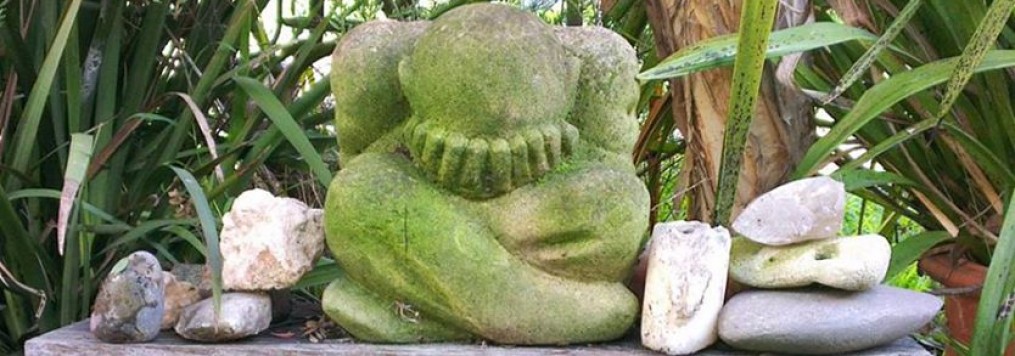Recently I’ve been making connections between a variety of different ideas but haven’t known how to articulate them. There is something about the human need for meaning, belonging and importance that connects to our environmental crisis.
On the one hand I’ve been reading Eckhart Tolle and Brene Brown. I’ve found enormous personal insight in their work and it has helped me to push myself toward being a better and happier person. In the face of environmental crisis it might seem like this personal journey is self-indulgent but it’s not.
Consumption is driven by numbing behaviour, when we take the time to say “I am enough, I have enough, I am grateful” and do the work to believe it and feel it. Then we are freed from the need to consume mindlessly. That’s not even the half of it though, we have gifts to offer the world that we squander in our mindlessness. We are not fulfilling our potential as a species because our greatest creative gifts are burried beneath a flood of stuff.
The pursuit of money over meaning is killing us.
This week I attended three days of training on the Art of Hosting. On one level what we learned was a collection of tools and group processes for engaging people in generating creative solutions to social problems. What the hosts modeled though were ways to keep people present and engage in meaningful conversation. They drew the group to recognise our common humanity, to step out from behind our professional identities, engage with what matters to us and apply it to our work.
Meaningful conversation is fundamental to society’s transition from destruction to sustainability. When we make peace with the present moment we stop trying to impose our will on the world and come to appreciate what is given and what we have to give. As we realise our fundamental worth we stop needing to prove it with bigger, better, faster, more and we naturally make space for others to be present and call forth their better/higher/buddha nature. This creates the grounds for genuine dialogue, it’s the only way that change can happen and the only way we can come up with the kind of creative and innovative solutions we need.







